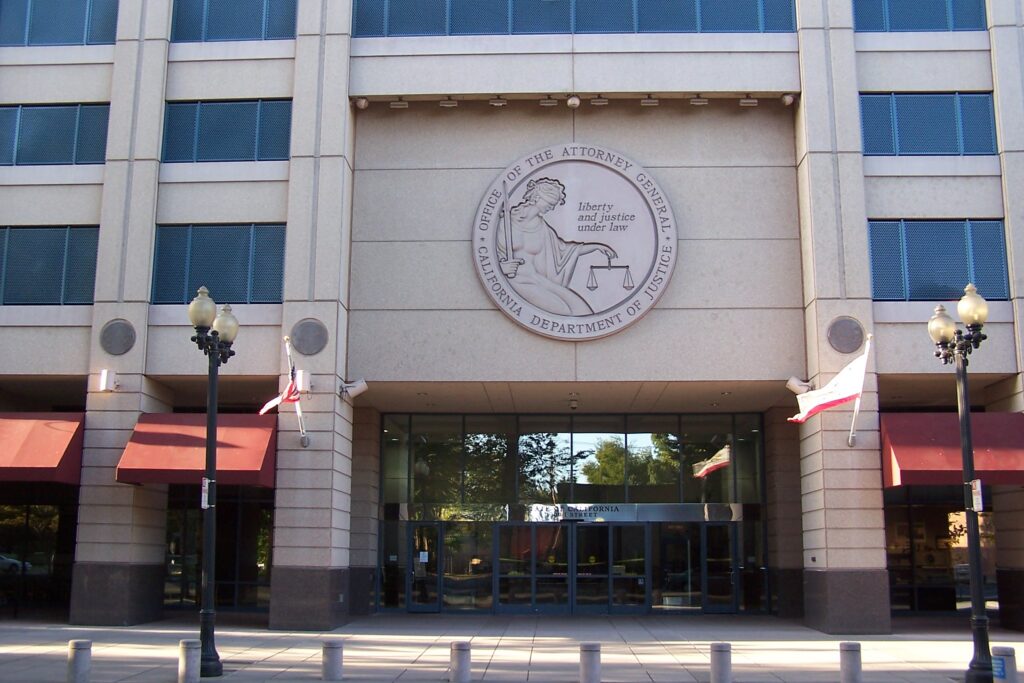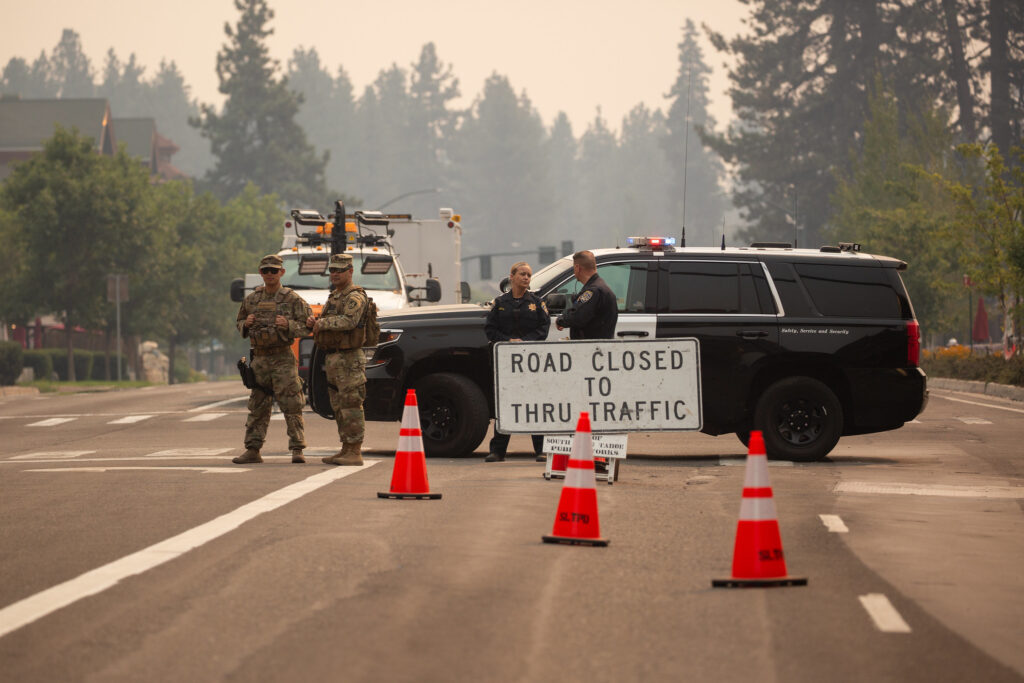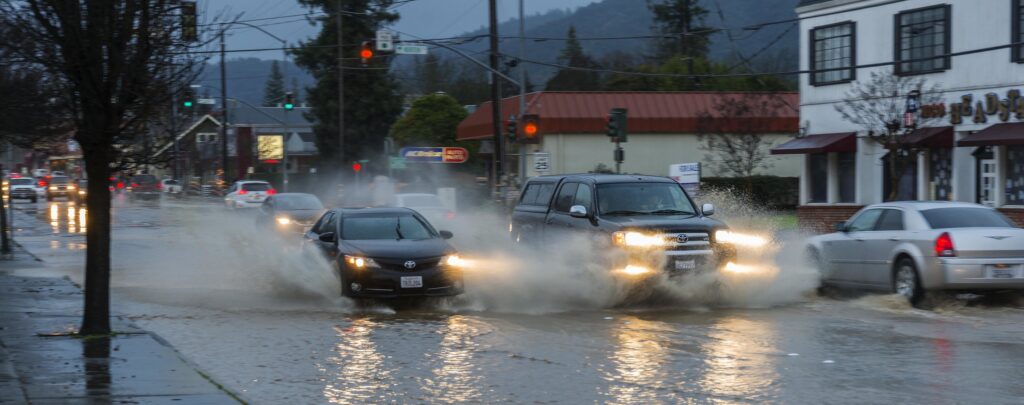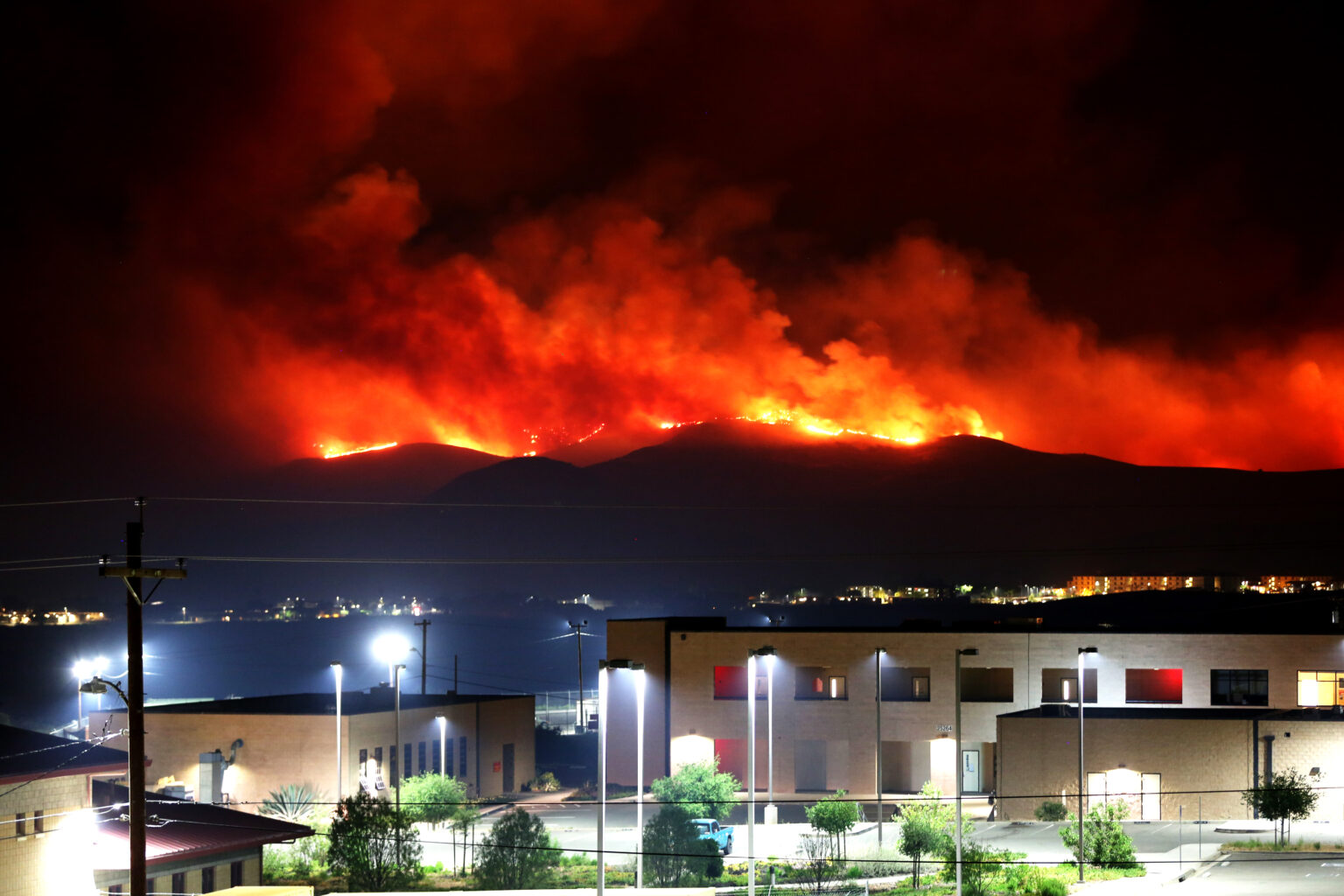Several California municipalities are now coordinating their climate accountability litigation against major oil companies with the state’s climate accountability case. The move allows them to combine evidence-gathering and many procedural activities related to the litigation.
On February 5, Contra Costa County Superior Court Judge Charles S. Treat approved California Attorney General Rob Bonta’s petition for coordination of the state’s lawsuit with the suits brought by the counties of Marin, San Mateo, and Santa Cruz, and the cities of Imperial Beach, Richmond, and Santa Cruz, as well as their unanimous request to assign all the cases to the Superior Court of San Francisco.
The cities of Oakland and San Francisco, which recently fended off efforts by the fossil fuel defendants to move their cases from state to federal court, may join the coordination agreement as well.
Legal experts say that coordinating the cases makes sense.
According to Cara Horowitz, executive director of the Emmett Institute on Climate Change and the Environment at UCLA Law School, the California cases raise many of the same legal questions and are based on much of the same factual evidence. “They also will require courts to make legal decisions about the culpability of fossil fuel company defendants under similar legal theories,” she told DeSmog.
The state and municipalities may still have to contend with other efforts by Big Oil to stop the cases from going to trial, including motions to dismiss the case, said Hollin Kretzmann, a senior attorney at the Center for Biological Diversity.
“Big Oil has managed to delay these trials for almost seven years and counting,” Kretzmann said. “The plaintiffs need to overcome these delay tactics and get the court to put the industry’s deceitful behavior on trial as soon as possible.”
“California has considerable legal muscle to take on this fight,” he said, referring to the state attorney general’s office.

In a statement to DeSmog, the California Attorney General’s Office said, “The Attorney General’s Office and local entities will all be prosecuting their cases in the coordinated proceeding,” adding that the state will be aided by outside counsel Lieff Cabraser Heimann & Bernstein.
Chevron and the other oil companies named in the suits did not object to the petition for coordination. “The defendants wouldn’t try to block it — it saves them time, too, and saves the clients money,” said Michael Gerrard, the faculty director of the Sabin Center for Climate Change Law at Columbia Law School. “It also reduces the risk of inconsistent testimony in different depositions, different proceedings.”
However, in a January 22 filing, Ted Boutrous, a lawyer representing Chevron, argued for the coordination proceedings to take place in Contra Costa County, claiming that it would be a more neutral venue than San Francisco. Judge Treat rejected Boutrous’s request, recommending that the proceedings be assigned to San Francisco Superior Court despite arguments against by Chevron. In his February 5 order, he wrote that he “has every confidence that the San Francisco Superior Court can be fully trusted to remain impartial and unbiased in these actions.” In the coming weeks, the judicial body overseeing the state’s coordination program will assign a trial judge to manage and rule on coordination matters in the cases.
Boutrous is a partner at the law firm Gibson, Dunn & Crutcher, which often represents the fossil fuel industry in climate cases and other litigation, such as in Chevron’s suit in Ecuador charging activists with racketeering.

The California lawsuits, brought between 2017 and 2023, contend that decades of successful disinformation campaigns by Chevron, ExxonMobil, Shell, and other oil companies about the main cause of climate change — burning fossil fuels — effectively delayed the energy transition and worsened the climate crisis.
Now the state, counties, and cities want the industry to help pay the skyrocketing costs of dealing with rising sea levels, extreme flooding, deadly heat and wildfires, and other unprecedented problems driven by the climate crisis.
In response to DeSmog’s request for comment, Shell spokesperson Anna Arata said that the company’s position on climate change “has been a matter of public record for decades” and that Shell agrees urgent action is needed to tackle the problem. “We do not believe the courtroom is the right venue to address climate change,” she said.
Chevron, ExxonMobil, and Gibson Dunn did not respond to requests for comment.

California is arguably the epicenter of climate litigation against the fossil fuel industry, which now includes more than three dozen cases brought by states and municipalities nationwide — including Chicago’s newly announced lawsuit.
In 2017, Imperial Beach — a coastal community of roughly 26,000 residents just south of San Diego — and the Bay Area counties of San Mateo and Marin were the first municipalities in the country to sue Big Oil for climate damages under state tort law. They were joined within months by Oakland, San Francisco, Santa Cruz, and Richmond.
The state’s filing of its climate accountability lawsuit in 2023 was “a watershed moment,” said Kretzmann, because California is the first state with a significant oil-producing industry to sue Big Oil over climate deception, as well as the state with the largest economy.
CORRECTION (2/22/24): This story has been edited to correct errors in an earlier version and add new comments. The California municipalities and state attorney general’s office are now coordinating their cases, not consolidating them.

Subscribe to our newsletter
Stay up to date with DeSmog news and alerts







